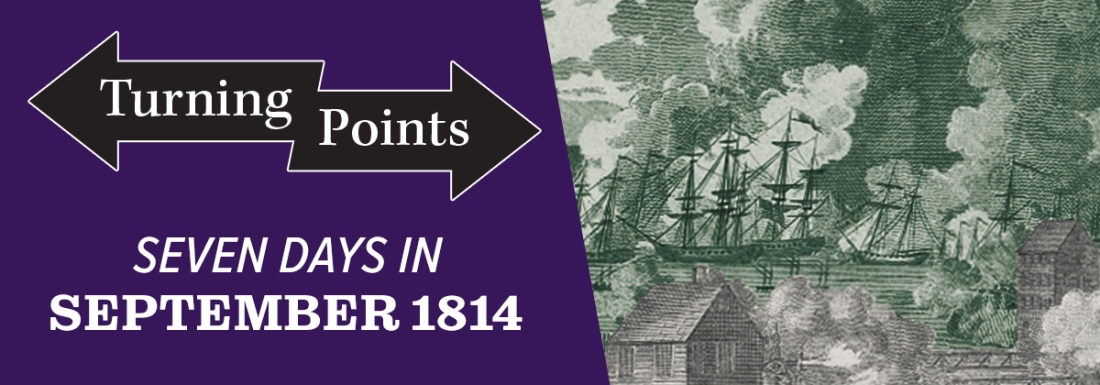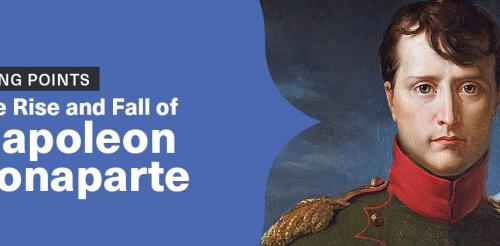A still-young America saw a test of its mettle and might a little more than two centuries ago. Britain was seizing merchant ships and their cargoes, forcing crewmen to enlist in the Royal Navy, and providing arms to Native Americans on the frontier. The U.S. responded with a declaration of war in 1812 but struggled to back it up, losing battle after battle.
Three victories in the space of a week in September 1814 proved a turning point in the war and set the U.S. back on a path to greatness.
In the latest installment of the Library’s Turning Points series in partnership with the U.S. Army Command and General Staff College, military historian Richard Barbuto looks back at that critical chain of events: a successful defense of Baltimore, then the country’s third-largest city; victory in the Battle of Plattsburgh (New York), turning back British attempts to invade the northern United States; and thwarting a British siege of Fort Erie.
It headed off British hopes of creating an Indian state north of the Ohio River – under their sovereignty – and demilitarizing the Great Lakes.
Barbuto is a professor emeritus of military history at the Army Command and General Staff College and former deputy director of its Department of Military History. A 1971 graduate of the U.S. Military Academy at West Point, he served for 23 years as an Army armor officer.
He holds a doctorate in American history from the University of Kansas and has written several books and numerous articles on the War of 1812.

